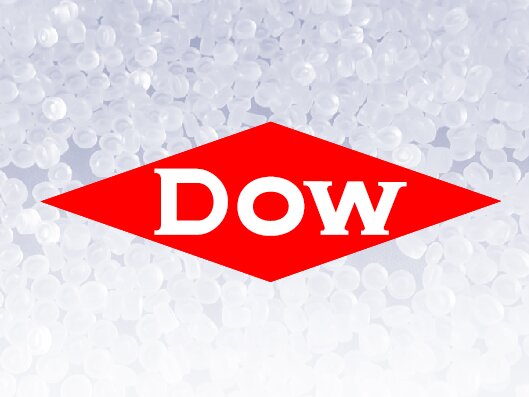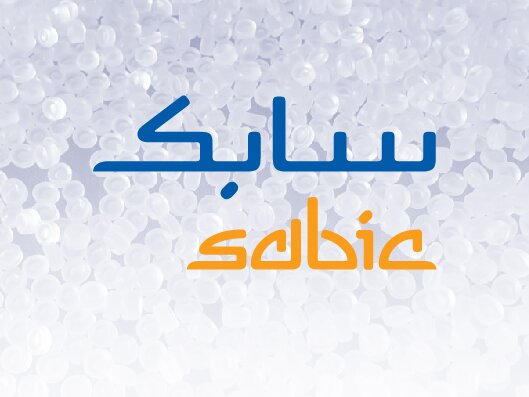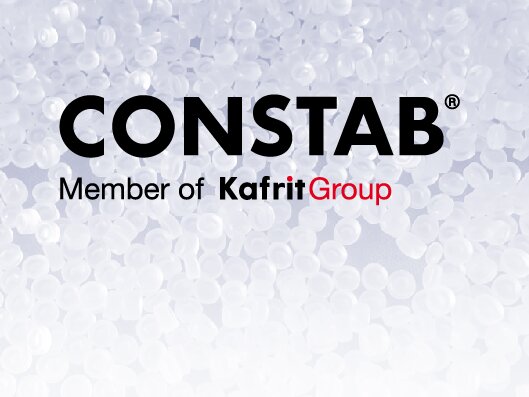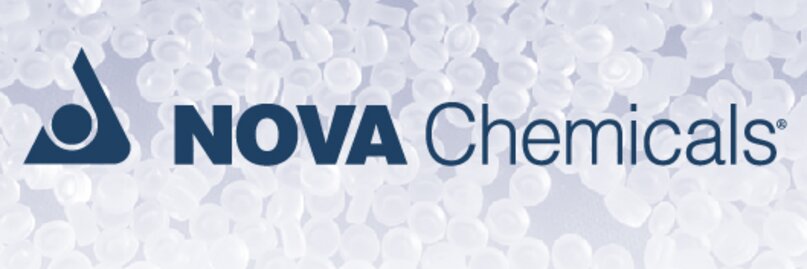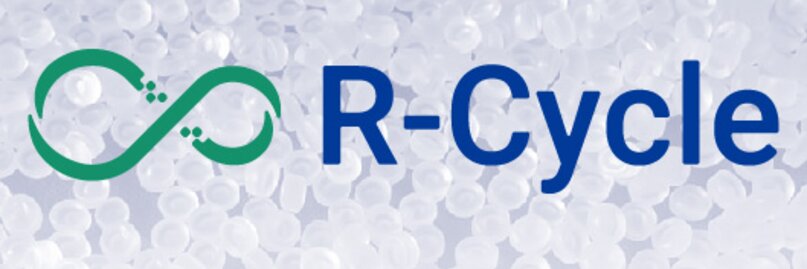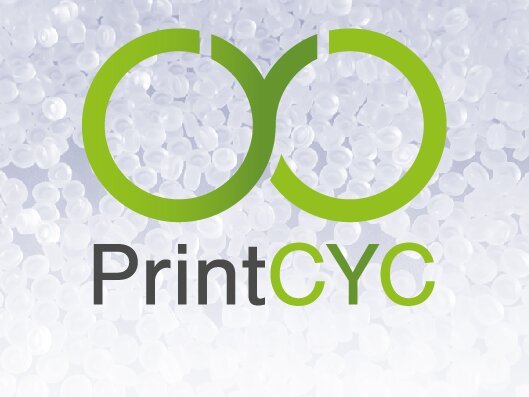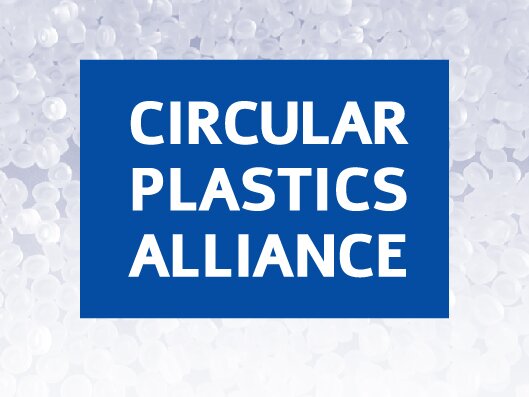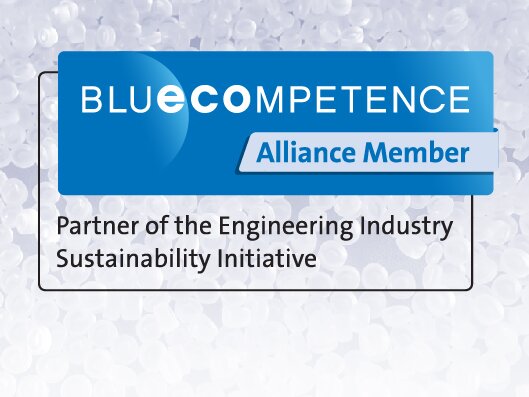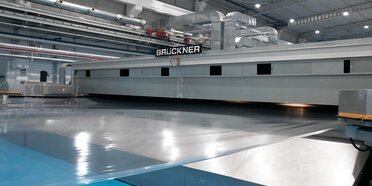Cooperations worldwide
With different partners, organisations and associations
"Coming together is the beginning. Keeping together is progress. Working together is success." We can relate to this quote from Henry Ford. We cooperate with various organisations, associations, universities and other partners worldwide. These partnerships are always based on give and take. Many of them have existed for many years now and form the basis for excellent cooperation.
One of our long-standing cooperations is, for example, with the VDMA (German Engineering Federation). With about 3,200 members, the association is the largest network organization and an important mouthpiece of mechanical engineering in Germany and Europe. Under the umbrella of the VDMA, there are also various organizations with which we also work together. One of these is OE-A (Organic and Printed Electronics Association). The OE-A represents the entire value chain. More than 230 companies from Europe, Asia, North and South America and Oceania work together to help build a competitive production infrastructure for organic and printed electronics.
We also work with more than 20 universities in Germany and five more in Europe, two in the US and two in China. In addition, we frequently cooperate with Fraunhofer Institutes and participate in various support projects.
Cooperations for a sustainable future
BOPE is at the head of the list
From bilateral teamwork with raw material suppliers, masterbatch specialists and film producers to more complex cooperations along the value chain: Brückner is involved at many levels.
Cooperation with DOW
DOW and Brückner are jointly developing BOPE-LLD and BOPE-HD resins and films as well as barrier solutions for BOPE. All three fields of applications have been tested at Brückner in the lab-scale using the laboratory stretcher KARO 5.0 as platform for film developments as well as the pilot line and successfully transferred to a production line.
Cooperation with SABIC
Brückner and SABIC have collaborated for quite some time to create sustainable materials for the packaging industry, e.g. BOPE films. The successful outcome is a BOPE-LLD material which has been presented jointly at the K-Show 2019. Same procedure is now ongoing for BOPE-HD resins.
During the latest cooperation Brückner tested SABIC’s certified circular BOPP material (which incorporates recycled content) in their own technology center as a drop-in solution for biax-film applications.
Cooperation with CONSTAB
The optimization of polymers, masterbatches and process parameters necessary for innovative BOPE films was carried out by CONSTAB engineers on a Brückner pilot plant. One example is white opaque BOPE film: By combining two innovative additive masterbatches, excellent density values of 0.5 g/cm³ to 0.7 g/cm³ were achieved, while at the same time providing very good stiffness.
Cooperation with NOVA Chemicals
NOVA Chemicals has been working with Brückner to accelerate the development and commercialization of a new high-density resin technology for the BOPE market. BOPE is a transformative technology that enables the manufacture of all-polyethylene, recyclable multilayer film structures with significantly improved physical performance. The technology is seen as ideal for use in food packaging, heavy duty sacks, e-commerce and other demanding applications. Besides BOPE-HD, Nova offers also BOPE-LLD grades. In a common project with NOVA, the film producer Polivouga and Brückner a full BOPE-pouch consisting of BOPE-HD for the stiff base film and BOPE-LLD as sealing web will be presented to the market.
We are part of R-Cycle
R-Cycle is the open and globally usable tracing standard along the life cycle of plastic packaging. The overall goal is to implement a practical solution, ensuring recyclability by seamless documentation of all recycling-relevant packaging properties based on established technologies. In the recycling process, packaging can thus be precisely identified in order to process the resulting recyclate into diverse and high-quality plastic products.
In collaboration with packaging manufacturers, brand owners, wholesalers, and retailers global identification numbers should be introduced and IoT gateways, the necessary server infrastructure and standardized formats for secure data exchange will be developed. Partners in this project are: Arburg, Kautex Maschinenbau, Reifenhäuser, Brückner Maschinenbau, EREMA, Kampf Schneid- und Wickeltechnik, MULTIVAC, STEINERT, the Institute for Plastics Processing (IKV) and GS1 Germany.
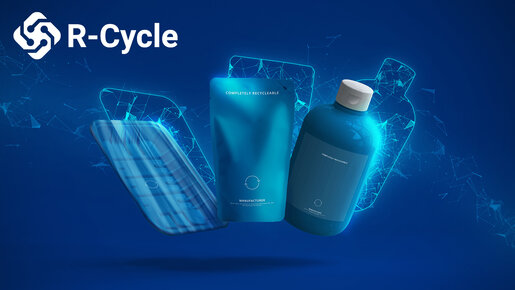
Read more about the consortium
R-Cycle at a glance
DownloadWe are part of PRINTCYC
In March 2019 a value chain project initiative was launched by a group of companies under the acronym PRINTCYC (Printed PP films for mechanical recycling) to research and test ways to create circular economy solutions basing on post-industrial waste. Members of PRINTCYC: The machine suppliers Brückner Maschinenbau, Kiefel and PackSys Global, the film producer Profol, the ink manufacturers Huber Group and Siegwerk, the converters Constantia Flexibles and Wipak as well as the recycling specialist Erema.
The initiative is coordinated by akk innovation, an independent start-up company for sustainable innovation management in the plastics packaging industry. The specific target of the first two project phases was to understand the impact of different ink formulations on the mechanical PP and PE recycling process. Furthermore, the re-usability of PP and PE recyclates (rPP / rPE) made from printed post-industrial film waste was evaluated in cast film, blown film, compression moulding and thermoforming technologies as well as the biaxial stretching process. Now the team is contacting new, prospective value chain partners and other recycling initiatives for designing the next working package to contribute to a circular economy of printed PP and PE films.
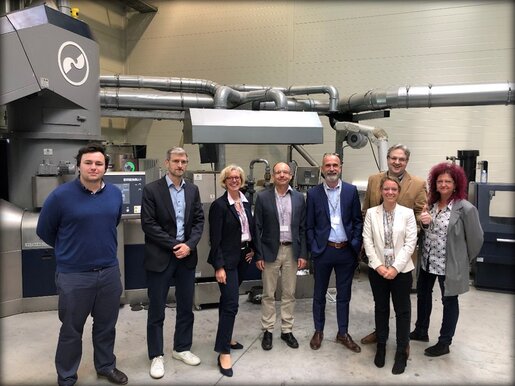
We are part of the "Circular Alliance"
In the “Circular Alliance” six companies teamed up to produce new high barrier mono material flexible packaging solutions designed for recyclability. The partners include Dow, a resin supplier, for the first step in the production chain, Brückner Maschinenbau for the production of the biaxial stretched polypropylene and polyolefin-based films, Hosokawa Alpine for the production of MDO LDPE, ELBA to convert the finished film rolls into pouches, Constantia Flexibles to produce metallized high barrier stand-up pouches and finally Bobst with their high barrier, printing & lamination competence.
The project has involved using different high barrier mono-material structures, each one thoroughly tested to guarantee that all industry requirements were met in terms of processability, barrier, safety and optical quality. The different types of mono-material stand-up pouches (MDO PE, BOPE, BOPP and CPP) are the outcome of considerable investment and intense research by each of the partners.
Blue Competence
A sustainability initiative we participate in
Blue Competence establishes network links for the mechanical engineering industry in the area of sustainability and pools the resources, know-how and strengths of the German Engineering Federation (VDMA), the largest engineering industry network in Europe.
Blue Competence – these are the technologies and processes of mechanical and plant engineering which, for example, consume a minimum amount of energy while delivering maximum productivity, preserve our resources, reduce emissions to a minimum or improve people's living conditions in a sustainable way.
Every VDMA member company can participate in the Blue Competence initiative after signing the Blue Competence contract and the associated obligation to publish the twelve sustainability guidelines of the machinery and plant engineering industry on the internet.
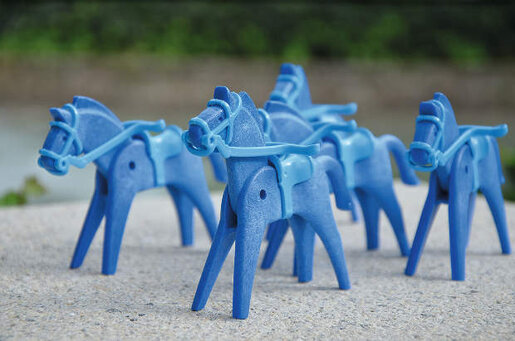
How Blue Competence makes the world more sustainable
The participating companies publish their individual articles and solutions regarding the key questions of our time, accompanied and supported by the communication measures of the overall and professional associations. For this purpose, Blue Competence defines well-founded sustainability criteria and standards which all companies participating in the initiative endorse. The initiative thus ensures greater transparency, simplifies orientation and provides security to all those seeking sustainable solutions and products or companies operating sustainably.
On www.bluecompetence.net the VDMA publishes detailed information on the participating professional associations and companies, as well as „best-practice examples“, standpoints and positions which are significant for the implementation of sustainable business, ecological and societal solutions.
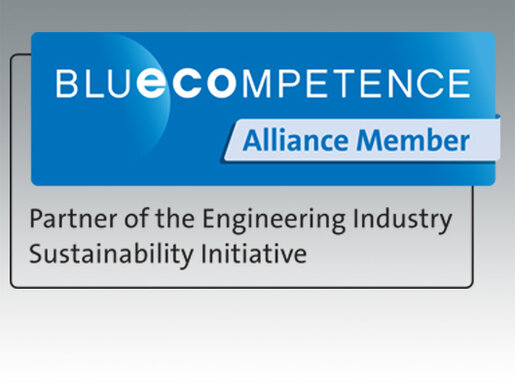
Other associations & organisations we work with:
- BOPET Films Europe representing BOPET film producers in the European market, aiming to boost the circularity of flexible packaging
- DIN: As a partner of business, research and society, the German Institute for Standardization e.V. contributes significantly to developing innovations to market maturity and opening up future fields such as Industry 4.0 and Smart Cities. Around 33,500 experts from industry and research contribute their expertise - including experts from Brückner Maschinenbau.
- EUROMAP: Since 1964, EUROMAP has been the umbrella organization of the European plastics and rubber machinery industry, accounting for about 40% of world production and 50% export volume.
- fortiss: fortiss is the research institute of the Free State of Bavaria for software-intensive systems and services. In particular, basic and application-oriented research is being conducted in the areas of software and systems engineering, cyber-physical systems and information systems as well as in the fields of information security, broadband infrastructure and network policy, e-government and digital innovations.
- Mittelstand 4.0: The initiative "Mittelstand 4.0 - Digital Production and Work Processes" supports small and medium-sized enterprises and skilled trades in digitization, networking and implementation of Industry 4.0 applications. The companies are assisted by a total of 23 Mittelstand 4.0 competence centers throughout Germany.


